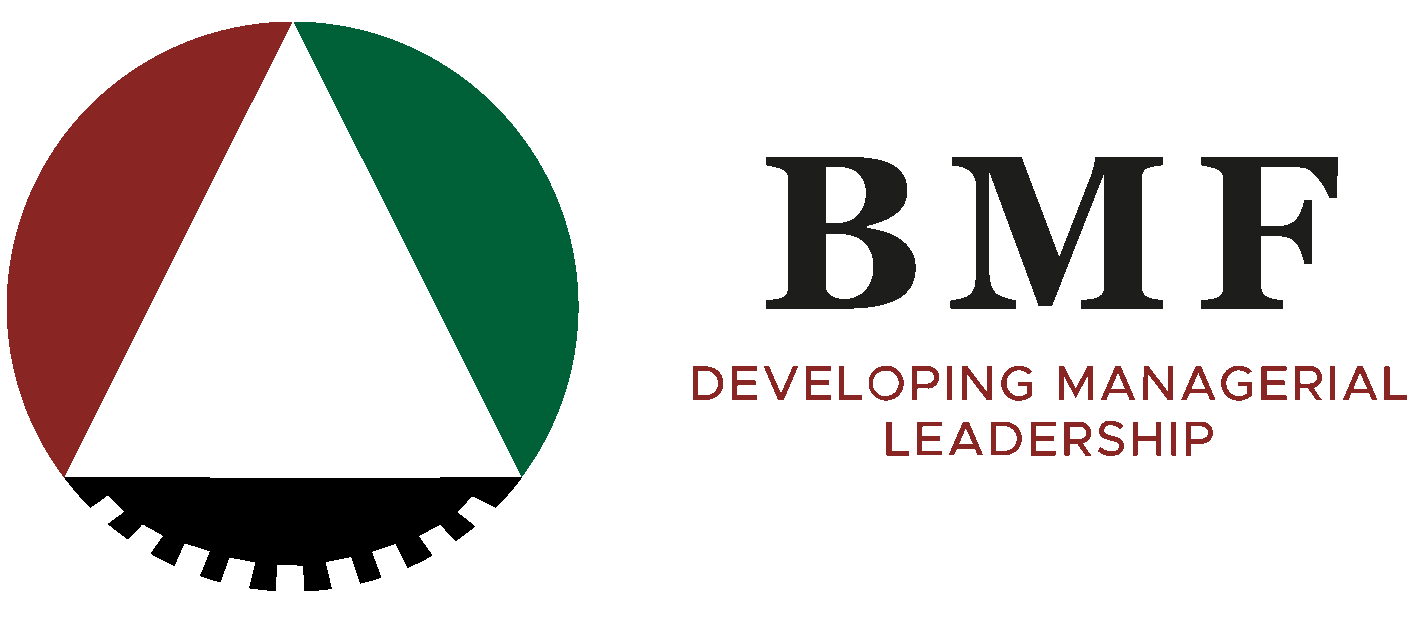The stakes have never been higher for South Africa’s place in the global economy. At the heart of the 2025 State of the Nation Address (SONA), President Cyril Ramaphosa’s defiant statement – “We will not be bullied”- set the tone for a country determined to defend its sovereignty. But beyond rhetoric, a more pressing question looms: is South Africa actively shaping its future, or merely resisting external pressures?
The world is watching. The G20 presidency presents a rare opportunity for South Africa to redefine its economic narrative on trade, industrialization, and land reform. Yet, the U.S. Secretary of State’s decision to skip the upcoming G20 Foreign Ministers’ Meeting in Johannesburg signals broader tensions. Will South Africa step up as a leader in the global economic order, or will it allow external forces to dictate its trajectory?
SONA 2025 made bold commitments to economic transformation—land reform, renewable energy, and revitalizing state-owned enterprises. But framing matters, transformation cannot just be a defensive response to international criticism; it must be positioned as a catalyst for economic expansion.
The Expropriation Act, for instance, has become a battleground of competing economic ideologies. The government’s reassurance that land reform will proceed “without arbitrary confiscation” may be a necessary diplomatic signal, but it is not a proactive vision. South Africa must stop playing defense and start shaping the conversation. Land reform is not a liability to be managed—it’s an economic imperative to be leveraged.
Is South Africa Ready for Economic Shocks?
The potential withdrawal of U.S. PEPFAR funding—critical for 5.5 million South Africans living with HIV and South Africa’s possible removal from AGOA, which supports $2.7 billion in duty-free exports, present real economic threats. Yet, SONA was silent on a contingency plan.
If these economic lifelines are cut, what next? The government cannot afford to wait for crises to unfold. South Africa must move aggressively to diversify its economic partnerships, accelerate regional trade under the African Continental Free Trade Area (AfCFTA), and reindustrialize key sectors. The next global economic shock is not a matter of if, but when. A country serious about transformation cannot afford to be caught unprepared.
The weaponization of land reform by external actors makes it clear—South Africa needs to take charge of its own narrative. This is not just about property rights; it is about the country’s economic future.
This is not just about property rights—it is about economic empowerment, agricultural expansion, and industrialization. The success of land reform will not be determined by the number of hectares transferred but by what happens afterward. Redistribution without productivity gains is a hollow victory.
To make land reform work, South Africa must:
- Invest in modern farming skills to equip new landowners with the tools for success.
- Ensure access to capital, with government-backed loan programs for emerging farmers.
- Build the infrastructure necessary to turn redistributed land into economic hubs—irrigation, roads, storage, and agro-processing facilities.
South Africa must also shift the conversation from theory to results. Where has land reform worked? Where has it created jobs and increased productivity? Showcasing real success stories of cooperative farming models, agribusiness partnerships, and black-owned commercial farms is crucial—not just for local confidence, but to challenge the international perception that land reform is a risk rather than an opportunity.
AfCFTA: South Africa’s Path to Economic Sovereignty
The future of South Africa’s economy cannot rest on the goodwill of Western trade agreements. The African Continental Free Trade Area (AfCFTA) is not just an alternative—it is a necessity. If South Africa is serious about economic resilience, AfCFTA must be a top priority, not an afterthought.
To maximize the benefits, South Africa must:
- Strengthen regional supply chains to reduce reliance on Western imports.
- Develop agro-processing hubs to ensure land reform feeds into broader industrialization.
- Address trade barriers within Africa to facilitate the seamless movement of goods and services.
Land reform and industrialization must work in tandem—expropriated land must serve as a foundation for agriculture-led industrialization, expanded manufacturing, and deeper regional trade integration.
South Africa is at a turning point. It can either define its own economic trajectory or remain a battleground for competing global interests. SONA should not have been a defense of transformation; it should have been a declaration of its necessity as an economic pillar.
Now, the real test begins. The budget speech will determine whether transformation is a true economic strategy or just a rhetorical shield against external pressure. For now, we watch. We analyze. And we prepare for the next move in this high-stakes battle for South Africa’s economic future. Because this is not just about politics. It is about survival.








